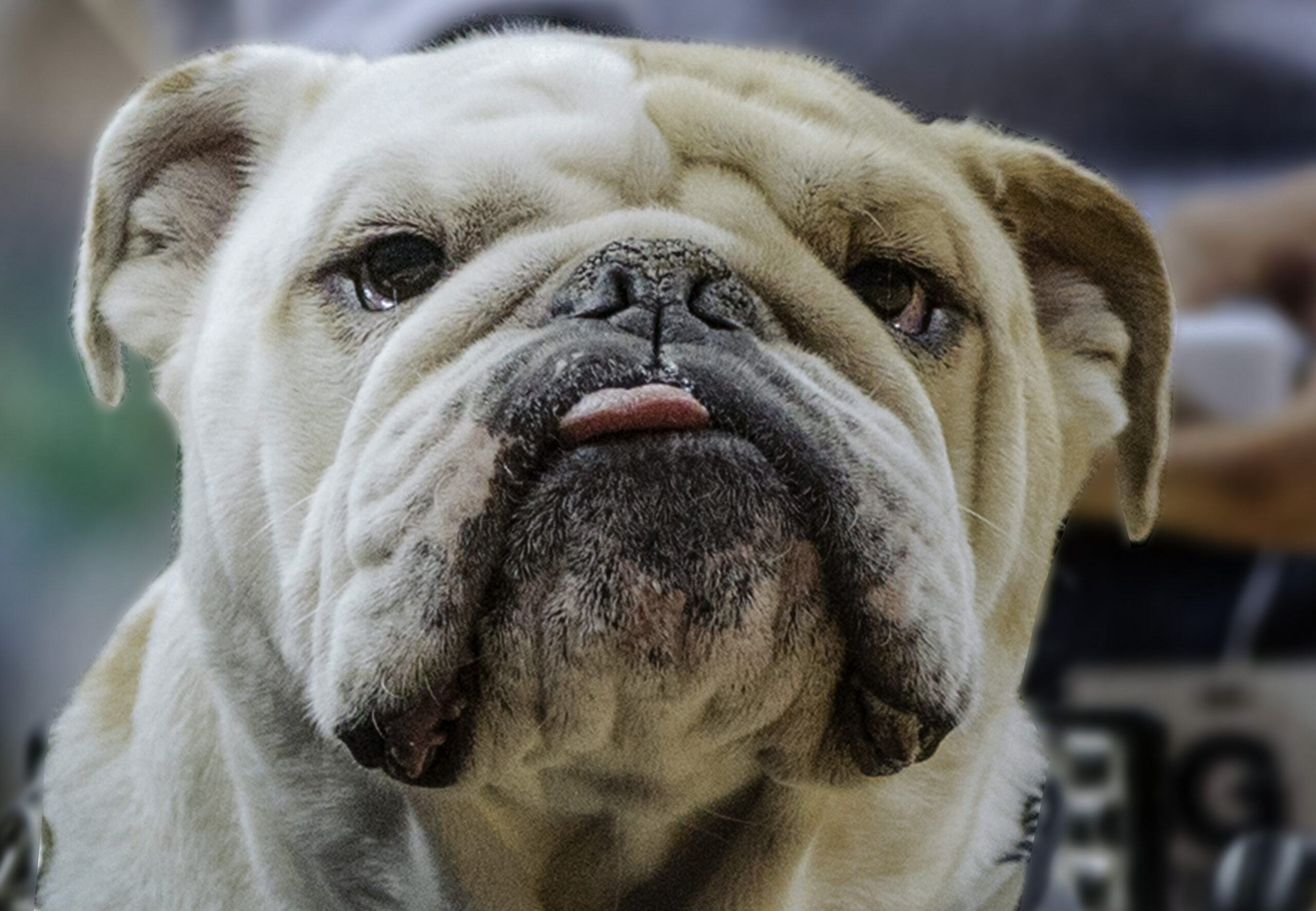Introduction to Dog Scooting
Dog scooting is a common behavior where a dog drags its bottom along the ground. While it may seem funny, it can indicate an underlying issue with the dog’s anal glands.
Understanding Your Dog’s Anal Glands
Anal glands, also known as anal sacs, are small glands located on either side of a dog’s anus. They produce a smelly, oily substance that is used for marking territory and communication with other dogs.
Signs Your Dog’s Anal Glands May Be a Problem
-
- Scooting or dragging their bottom along the ground
- Excessive licking or biting around the anus
- Foul-smelling discharge from the anus
- Signs of discomfort or pain when sitting or defecating
*Butt scooting isn’t a problem if it’s intermittent but if it’s frequent, you should call your dog’s vet
How to Express Your Dog’s Anal Glands
- Gather Supplies: Latex gloves, paper towels, and a mild soap.
- Position Your Dog: Have your dog stand or lie down on its side.
- Locate the Anal Glands: Gently lift the tail and locate the glands on either side of the anus.
- Express the Glands: Using gentle pressure, squeeze the glands between your thumb and forefinger until the oily substance is released.
- Clean Up: Use paper towels and mild soap to clean the area around the anus.
Preventing Anal Gland Issues in Dogs
- Diet: Ensure your dog’s diet is high in fiber to promote regular bowel movements.
- Exercise: Regular exercise can help keep the anal glands healthy and prevent them from becoming impacted.
- Regular Check-ups: Schedule regular veterinary check-ups to monitor your dog’s anal gland health.
- Proper Hygiene: Keep the area around your dog’s anus clean and free of fecal matter.
Keeping Your Doggo Healthy and Comfy
Understanding your dog’s anal glands and knowing how to care for them is essential for keeping your furry friend healthy and happy. By being aware of the signs of anal gland issues and taking preventive measures, you can ensure your dog’s anal glands remain healthy and functional. Because happy pet = happy pet parent!
Yours in Paws,
The PawPaw Team

